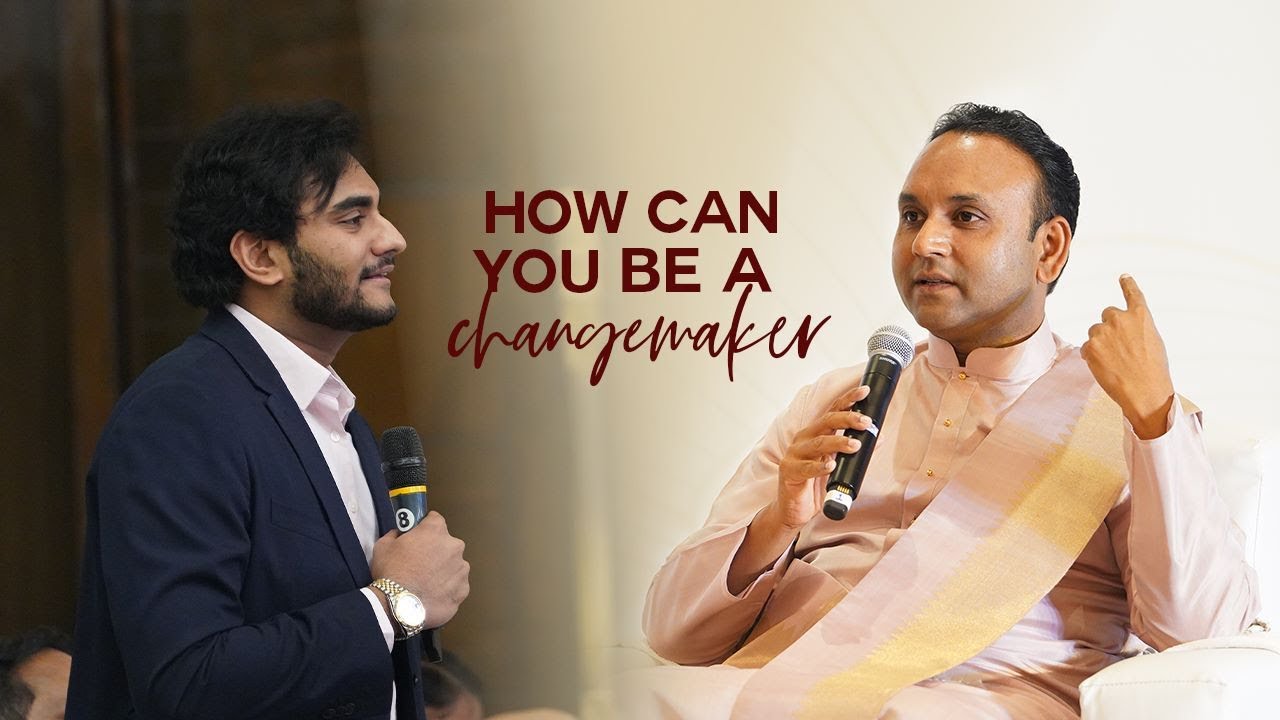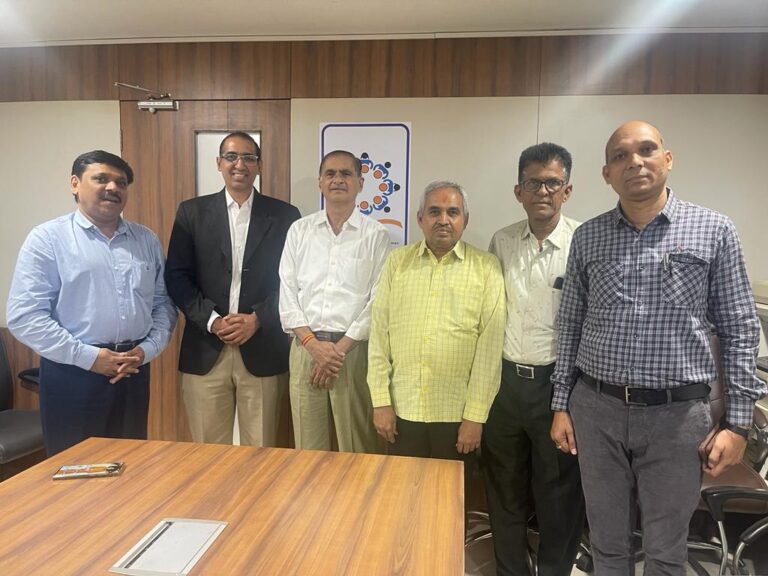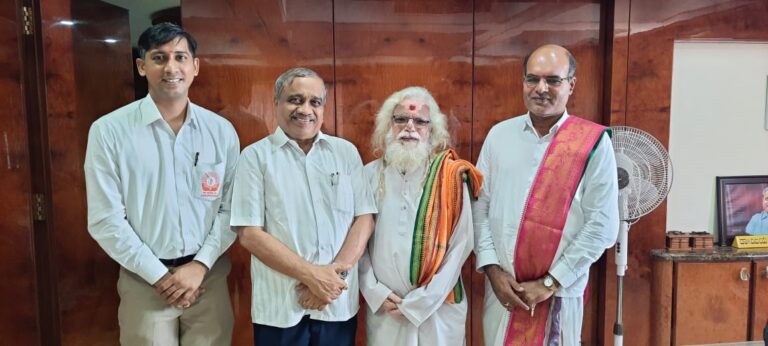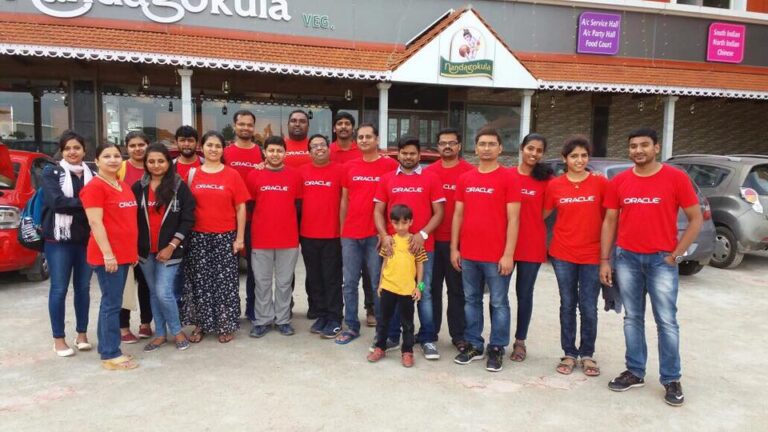From CSR to ISR—Individual Corporate Responsibility

Businesses need to keep evolving constantly in order to continue being relevant in the changing flux of society, customer behaviour, and international scenarios that affect local transactions too. Under Section 135 of the Companies Act 2013, the provision of CSR (Corporate Social Responsibility) applies to every company in India that has a net worth of more than 500 crore, has a turnover of more than 1000 crore and has a net profit of more than 5 crore. This is the technical mandate; however, companies recognise that there are wider implications to adopting this policy and therefore, you will see a lot of companies who may otherwise not come under the purview of this law but still investing in activities that could be classified as CSR activities.
So broadly speaking, what is CSR?
It is a form of business practice or self-regulation undertaken by a corporate entity that reflects or showcases its accountability and commitment to the well-being of society. Apart from simple compliance issues, it helps the brands to build a better perception, attract more customers and employees, reduce talent attrition, and in the long-term helps the overall business success.
As per the defined terms of CSR policy, a company can choose to implement or invest in projects that fall under these categories: environmental initiatives, charity work, ethical labour practices, and volunteer projects.
In terms of financial commitment, the Board of Directors need to ensure that the company spends in every financial year, a minimum of 2% of the average net profits made during the 3 immediately preceding financial years.
Experience of the Annapoorna Trust with CSR Projects
Sri Sathya Sai Annapoorna Trust works with school-going children. When it comes to aligning our work with the Sustainable Development Group (SDG) goals of the UN, we cater to the second one–hunger eradication. Nonetheless, the impact of our intervention has shown complementary results in supporting the educational goals too.
When we approach various corporates for collaboration, obviously we have to navigate a lot of screening and come to a point where the corporates see that their vision aligns with ours and they decide to fund our efforts based on their budget, and geographical area of preference.
A lot of times, companies prefer to start with the fourth subset of this policy—employee volunteering. They prefer to send their employees to our centres of service where they could participate in the actual intervention. This obviously has a dual benefit—their employees feel a sense of fulfilment and at the same time give exposure to school-children about what the future could hold for them as they come to understand their education and vocation options. Once trust is built between us and the corporates, they become ready to engage with us on a broader scale and come to think about supporting us in the opex or capex capacity.
Discussion during ‘Evening Divine’
During the latest event of ‘Evening Divine’ in Hyderabad, our founder, Sadguru Sri Madhusudan Sai, broached this subject while answering a few questions about how corporates and their employees could think of social investment.
He said that such kinds of work should be seen as social investment and not simply charity because we would be the beneficiaries if we help build our own society. If we invest in children for their education and health, we will help society to become more skilled and efficient. Furthermore, if we make them self-sufficient and help them stand on their own feet, we are creating prospective customers who would be able to help the startups that are being built today.
Individual Social Responsibility
Corporate social responsibility is a mandate by the government for a certain set of companies and employee social responsibility (ESR) is a culture being inculcated to garner goodwill and build a better image.
“But at the same time, individual social responsibility (ISR) should also be talked about where every individual reflects on how he/she could continue to invest in society”, said Sadguru.
Being a part of society, we can’t shy away from the problems and issues that trouble us—we are connected together, and the recent wave of the pandemic could not have taught us in a more effective way. If someone else is in trouble, there is every chance that we also experience it in some way. Every individual is accountable for the best interests of the society. So, we cannot live an isolated life.
If the government, corporates and organizations work at the same pace toward the annihilation of hunger in the country, there would not be a single child going to school on an empty stomach.
Parting words
So, as we come to the conclusion of this discussion, we are proud to say that as a Trust, we are supported by hundreds of people who have an automatic sense of individual social responsibility. At the same time, we would like to increase this base and give more people a chance to contribute to the welfare of society.
Come, join us, and reap a sense of fulfilment!










